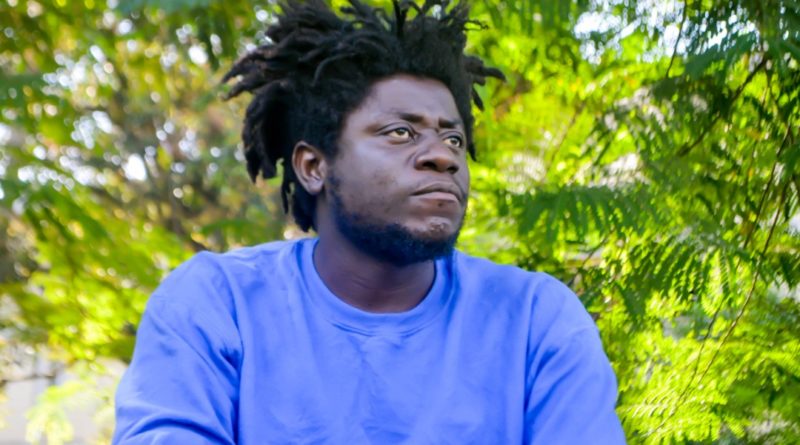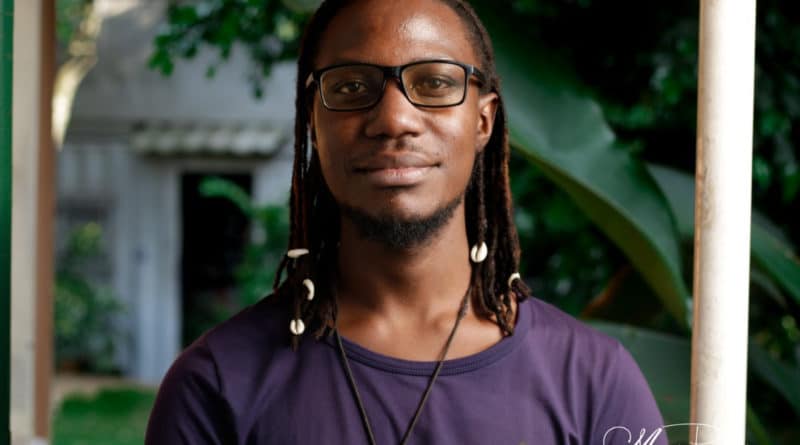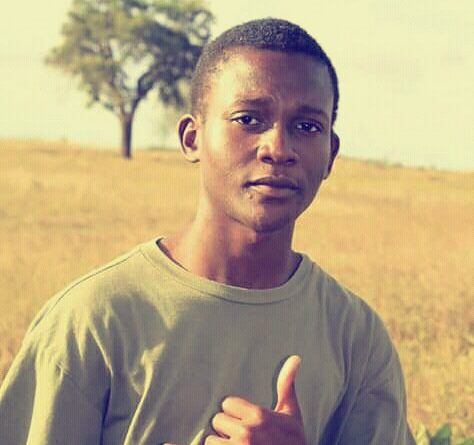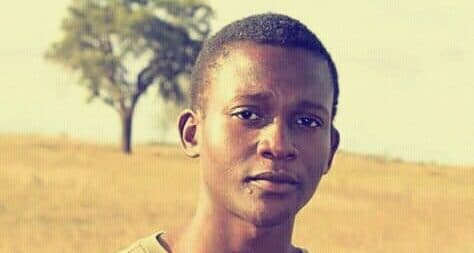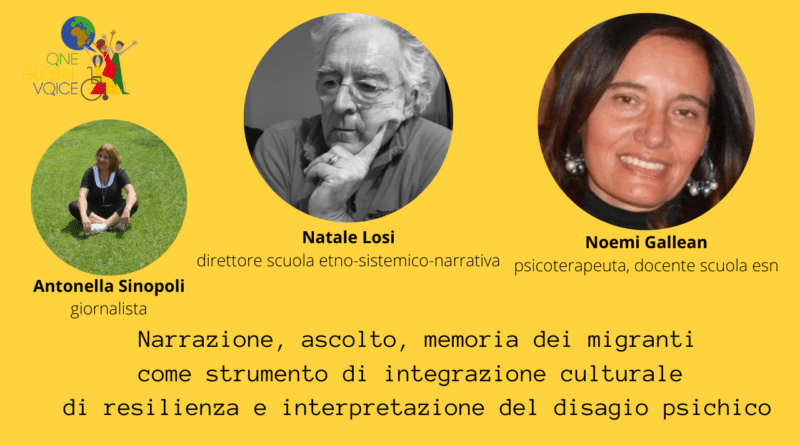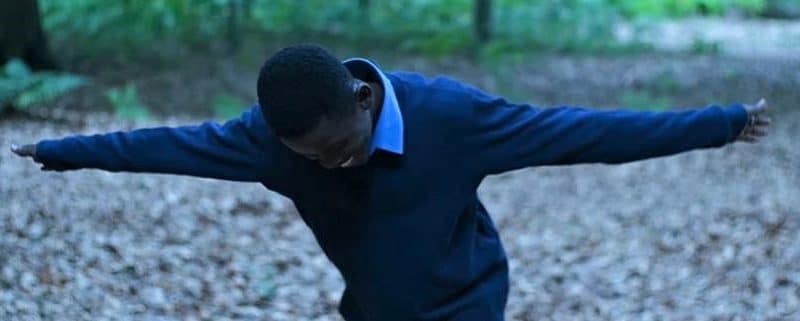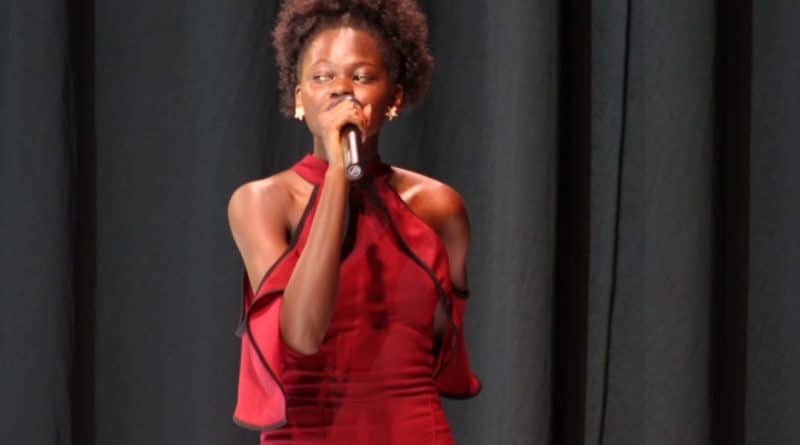Konan, “Nous ne sommes pas”, ce regard enfirme vide d’humanité
Qui est l’inferme? Comment reconnaît-on la maladie? Est-ce du côté de ceux qui le vivent ou de ceux qui l’observent ou, pire, qui le jugent? “Nous ne sommes pas” du slammeur ivoirien Placide Konan est un texte profond et émouvant, un coup de poing rapide dans le ventre. Dans le caractère typique de cet auteur, surnommé le “Monstre” pour son style atypique et engagé. Avec ce style, Placide a conquis le podium dans plusieurs compétitions slam dans son pays. Un vrai histrion quand il monte sur les planches et utilise les mots pour provoquer la réflexion et en même temps submerge le public d’émotions.
Leggi di più
